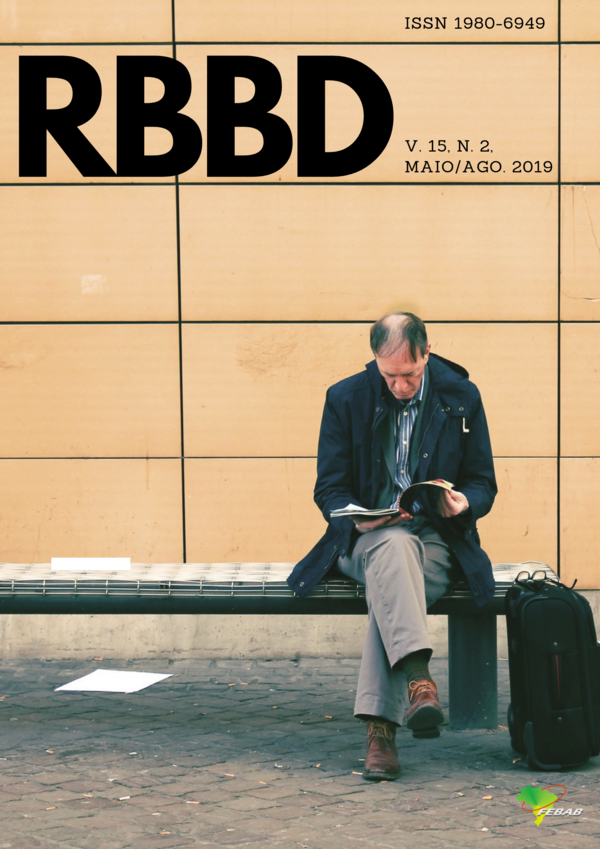Public policies for the preservation of cultural heritage in Brazil and the social role of the librarian
Published 2019-05-08
Keywords
- Public policies,
- Cultural heritage,
- Librarian,
- Collective memory
How to Cite
Copyright (c) 2019 Admeire da Silva Santos Sundström

This work is licensed under a Creative Commons Attribution-NonCommercial 4.0 International License.
Abstract
Public policy in Brazil presents recent studies and constitutes an interdisciplinary field in the moment of constructing its analyzes. In this text, the policies analyzed are aimed at the preservation of cultural heritage. The goal of this communication is to situate the role of this professional in the face of the general guidelines of such policies and explain their consequences in the way collective memory was constituted. The method used is literature review and the content of these policies will be analyzed in dialogue with the function of the librarian; and how it could act as an agent within public policy to foster social autonomy It discusses the presence of the collective memory, the agents previously responsible for establishing the patrimony, the authoritarian character in the tipping and the international pressure for the insertion of the cultural pluralities in the historical-artistic-cultural patrimony of Brazil. As a result we presents the possible dialogues and actions so that the professional of the information can mediate the information necessary for the consolidation under the popular view of patrimony and collective memory. It is concluded, therefore, that studies in the field of Information Science, which dialogue with the skills of the information professional and public preservation policies, cover the possibilities of the librarian to act as a mediating agent between existing policies, society, the institutions involved, economic, cultural and social pluralities and cultural heritage.

